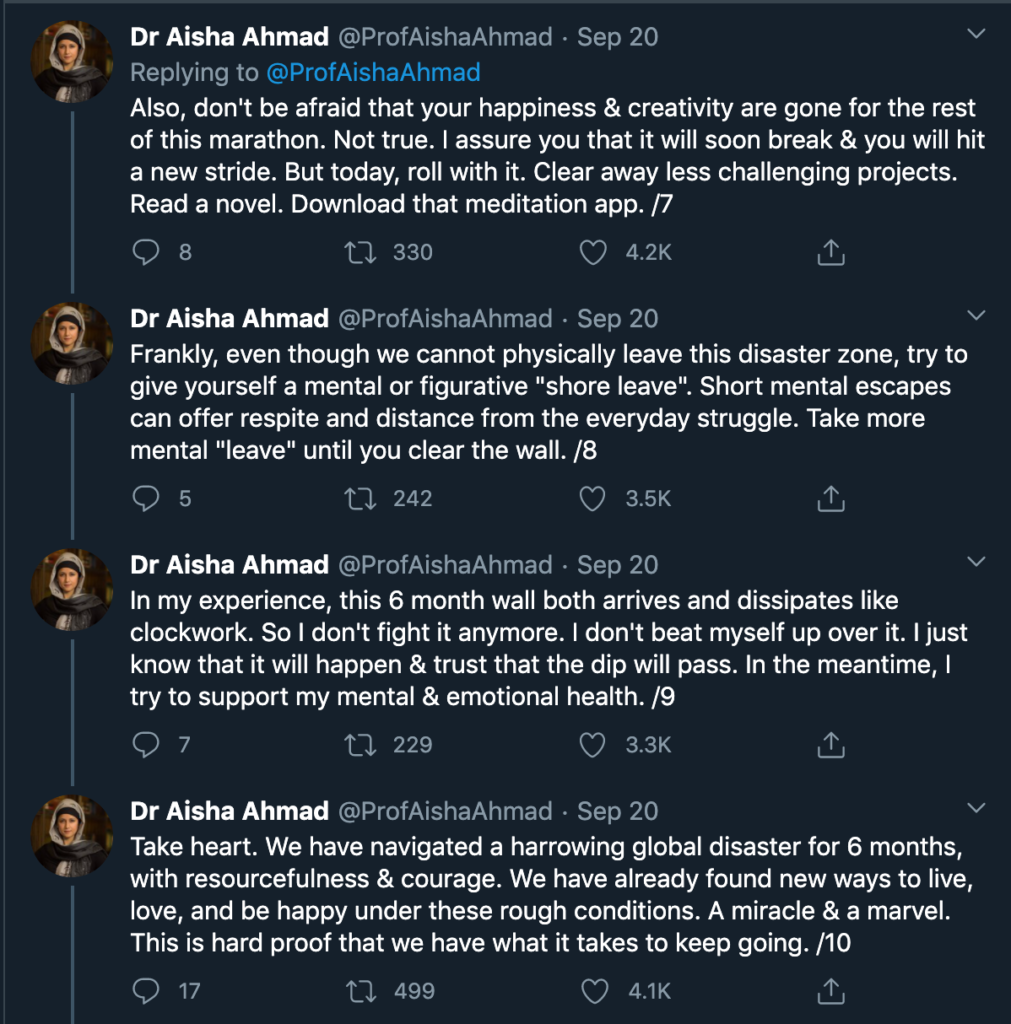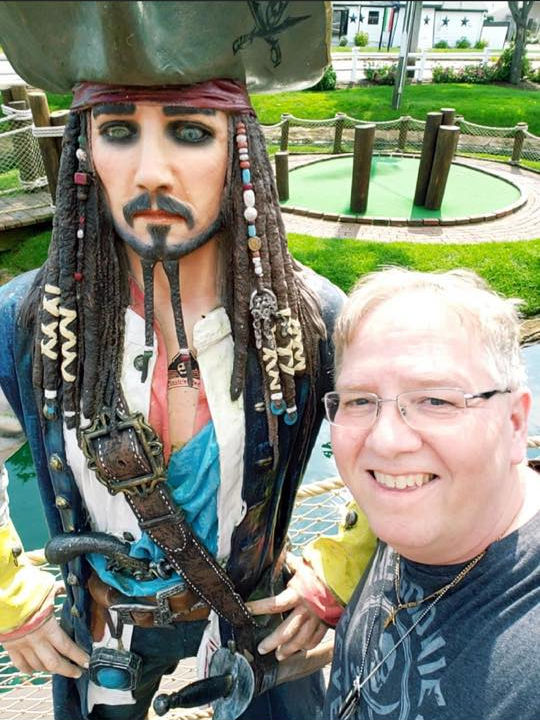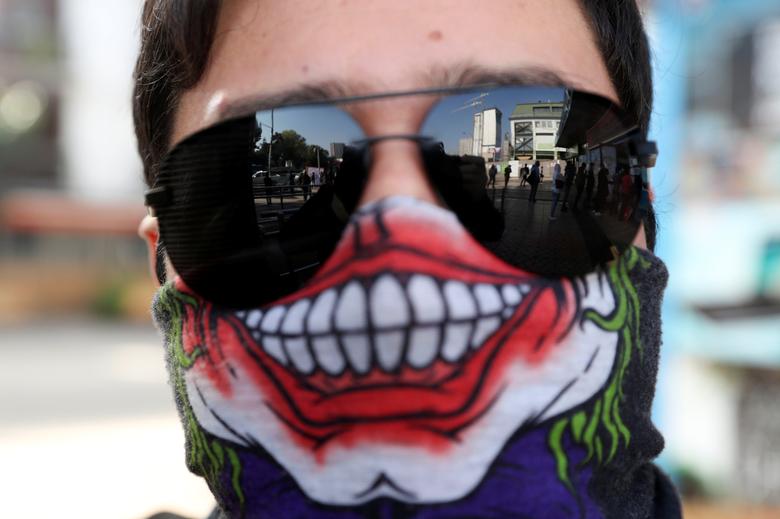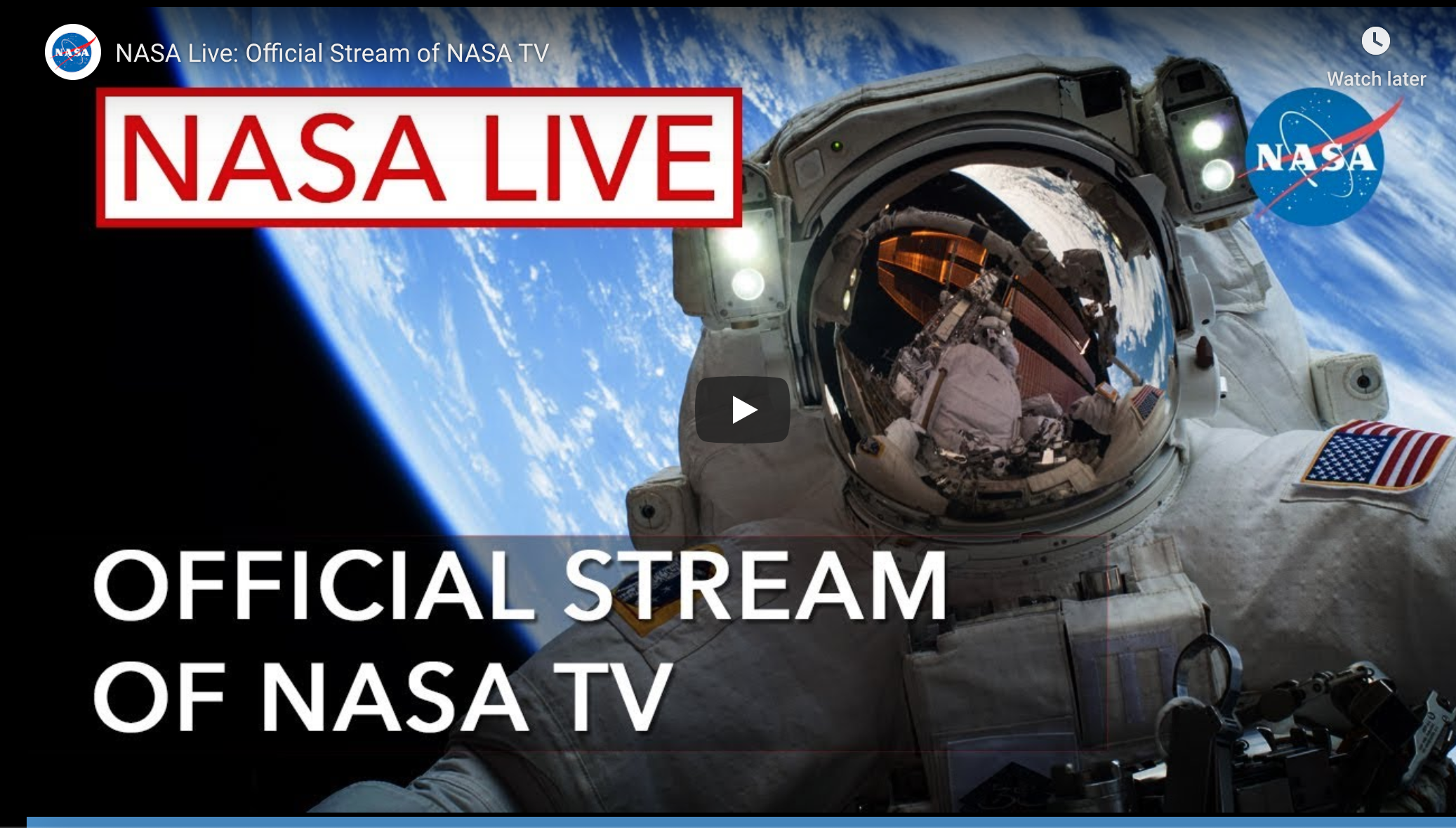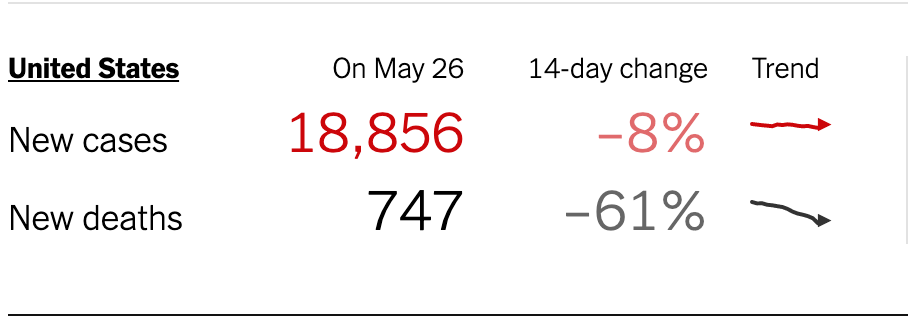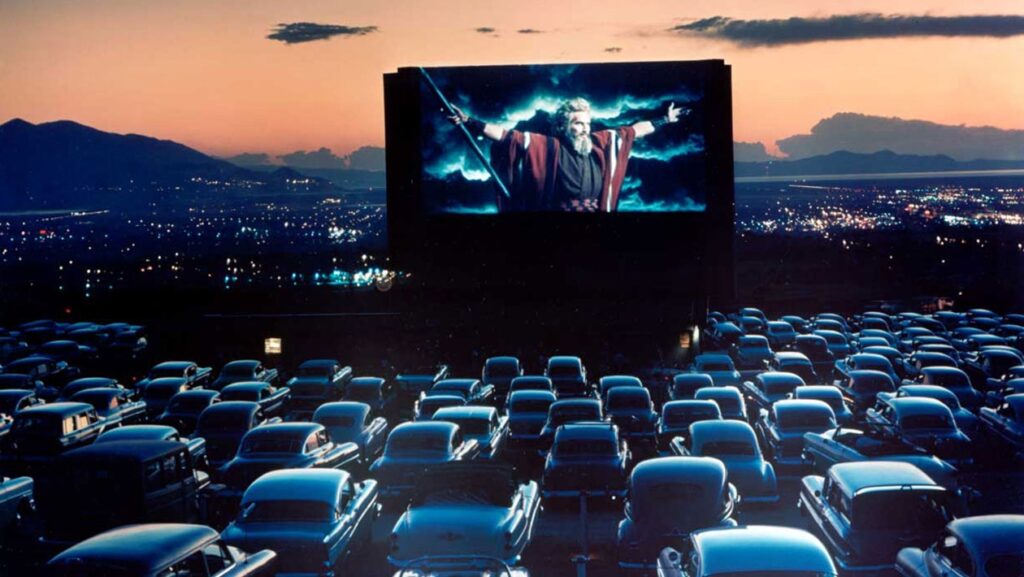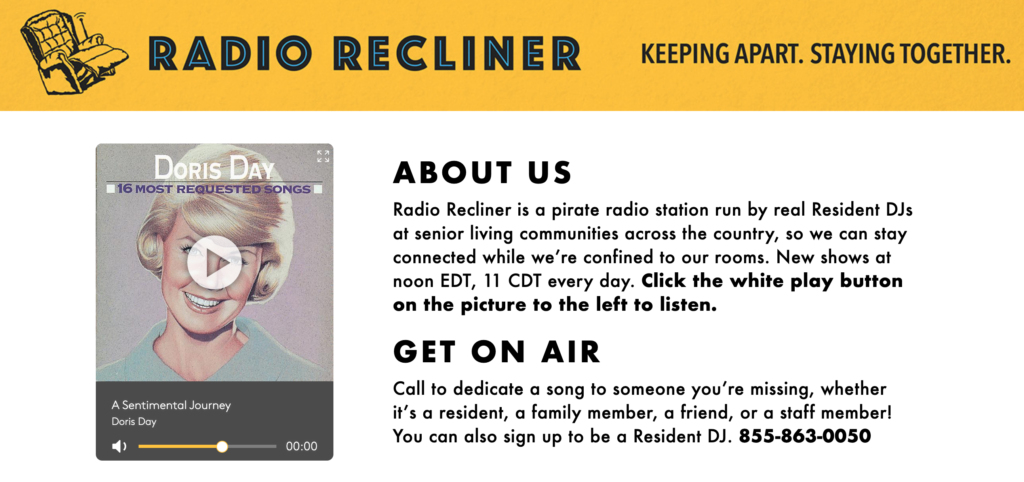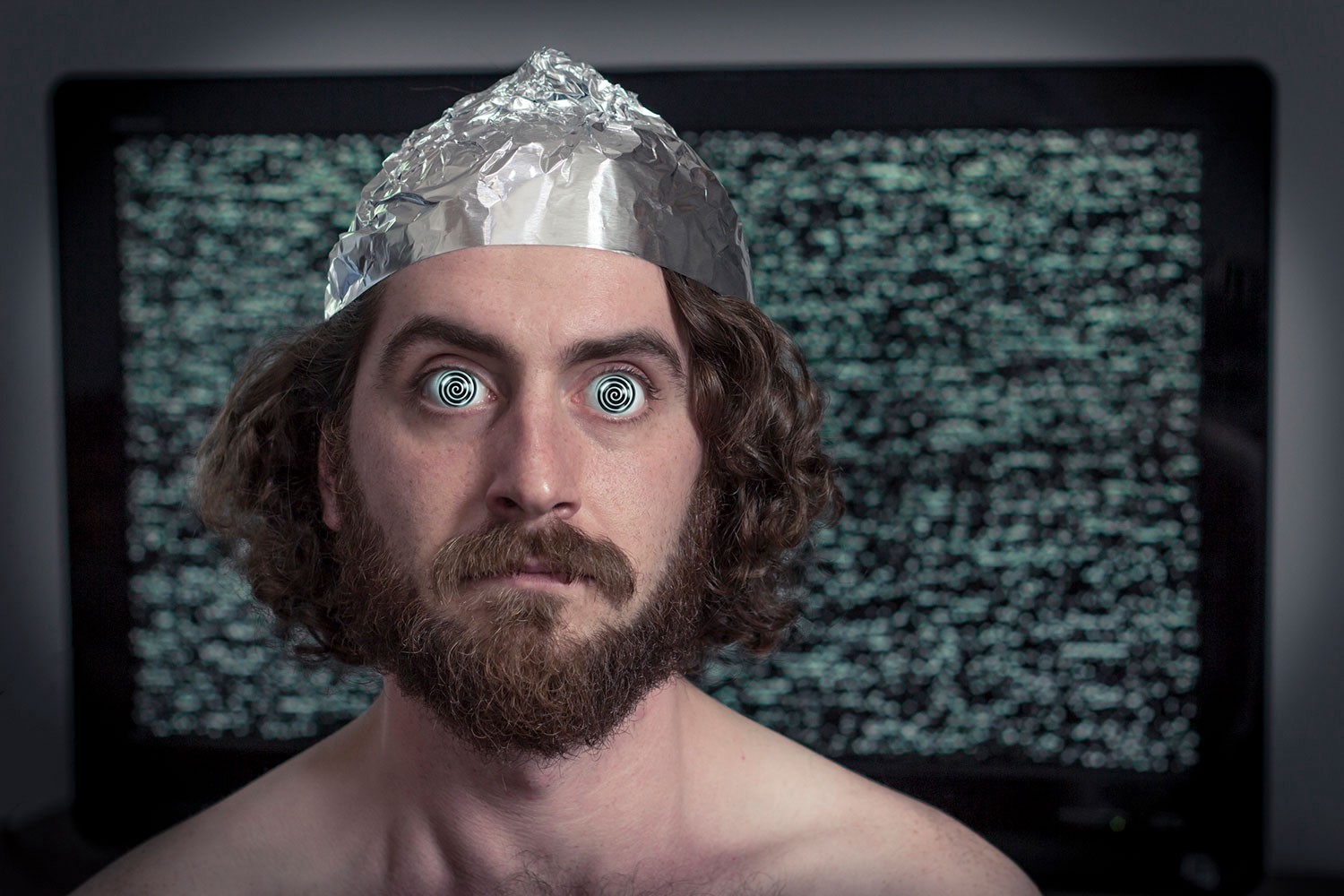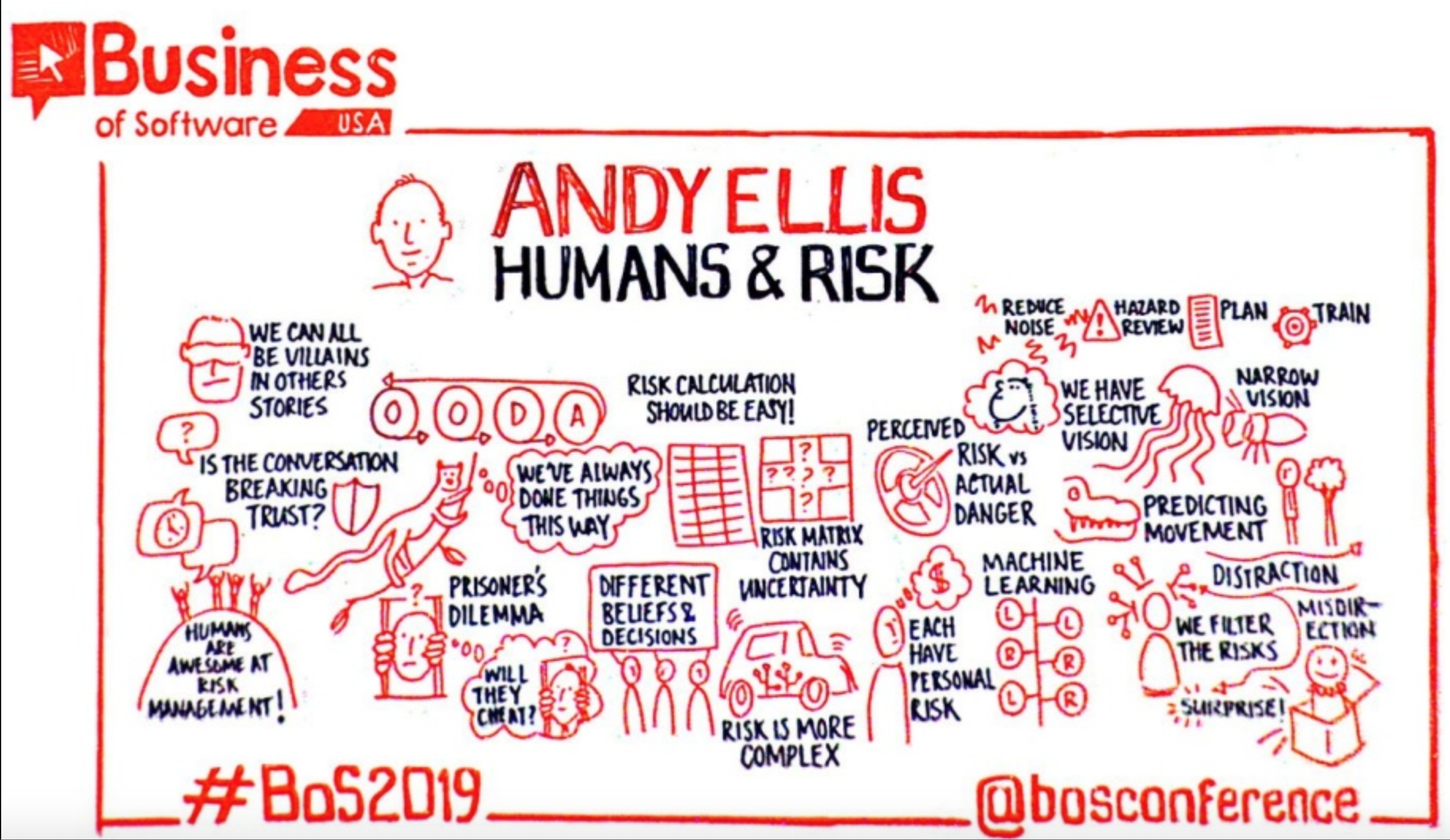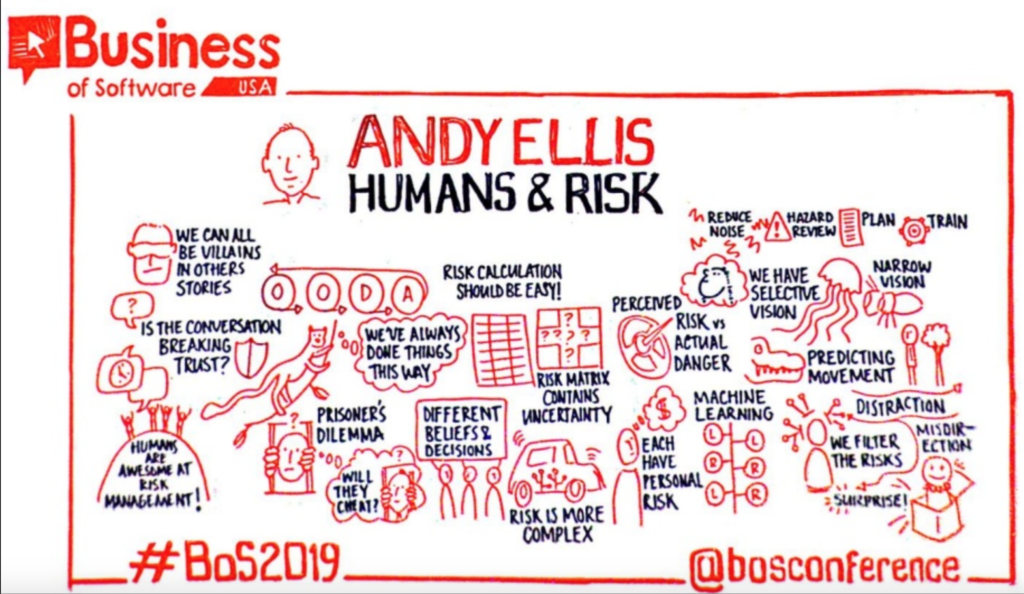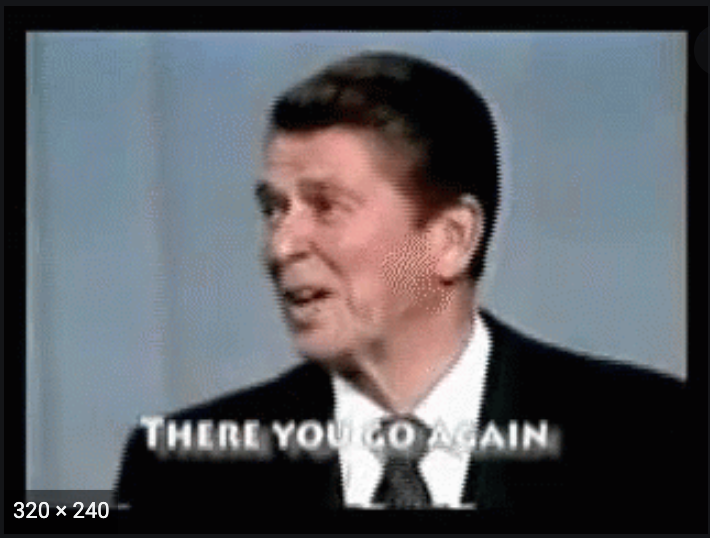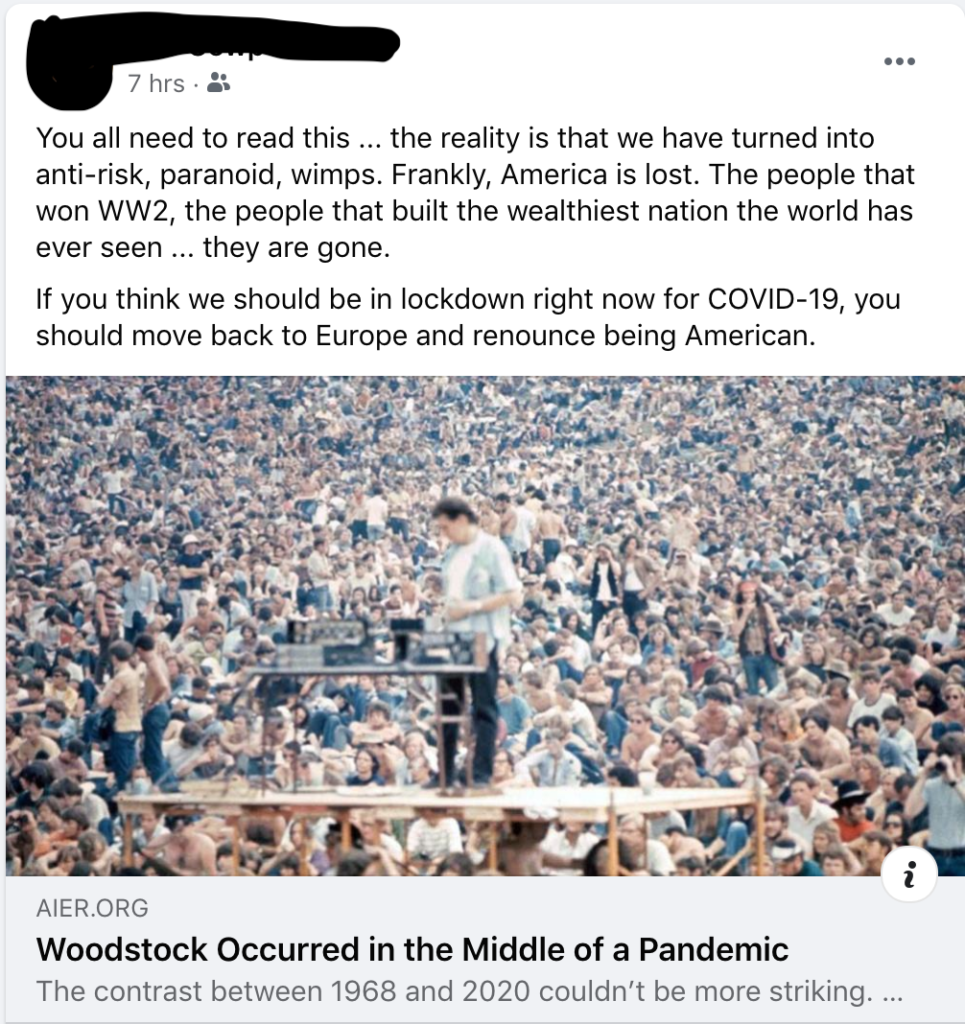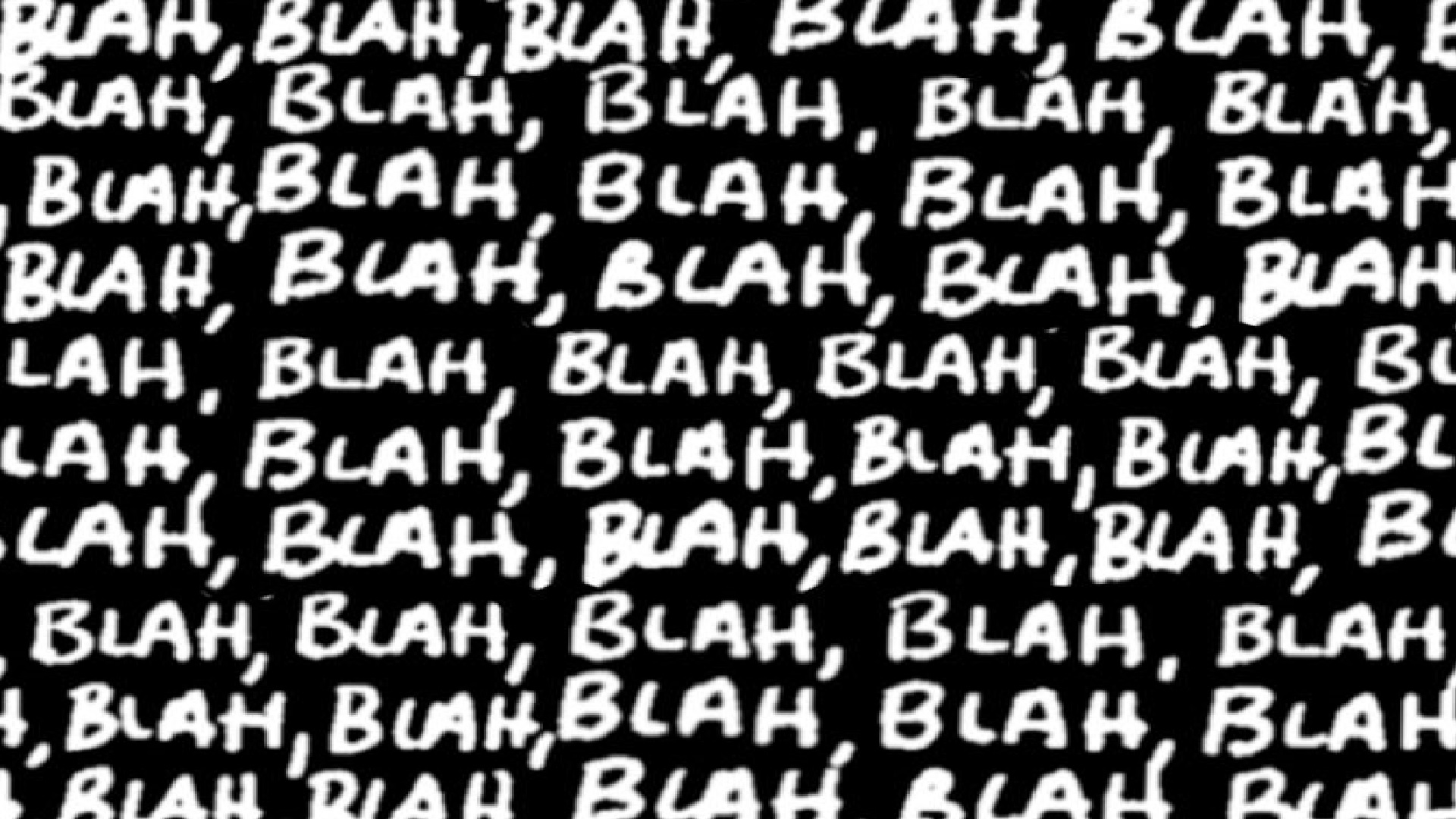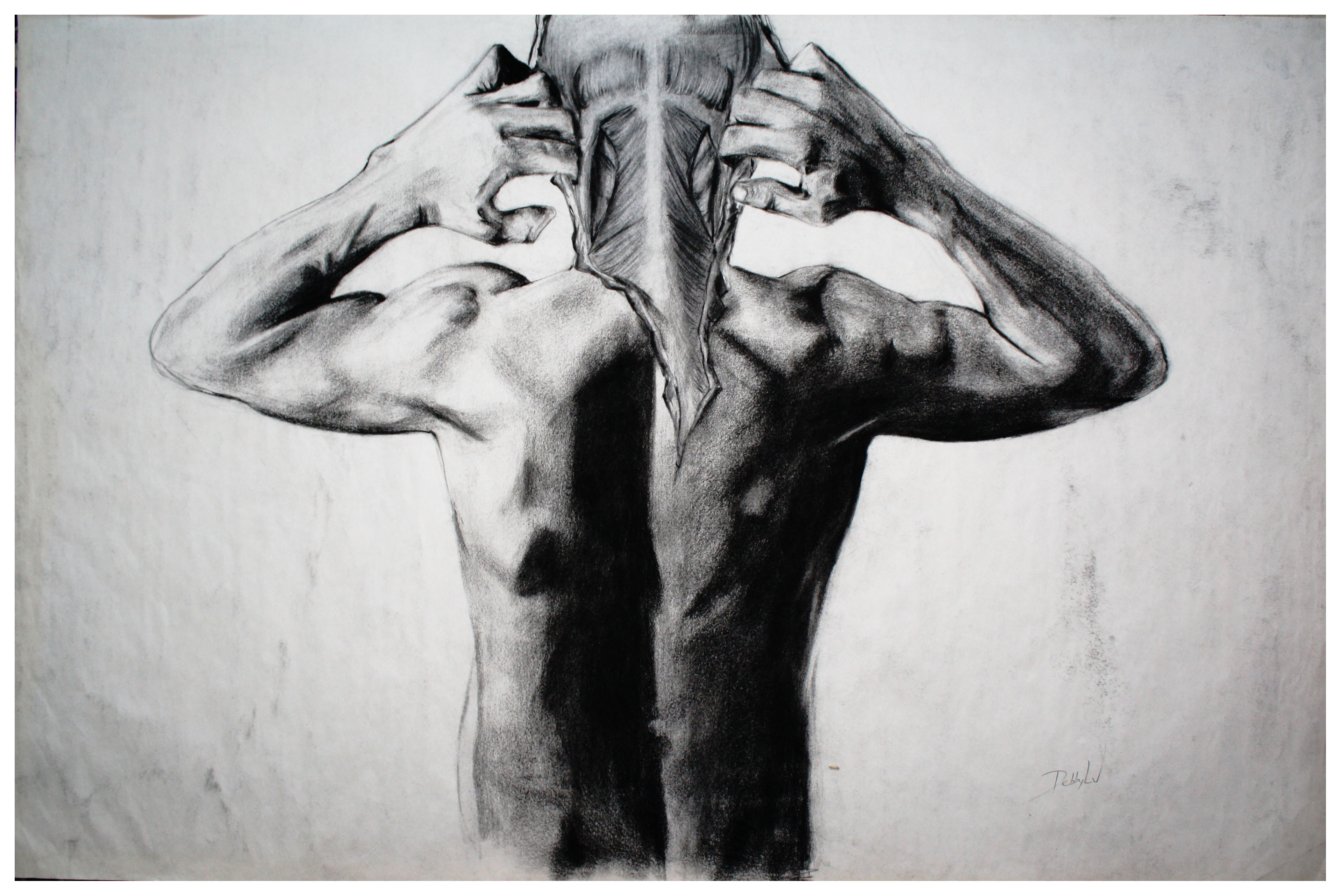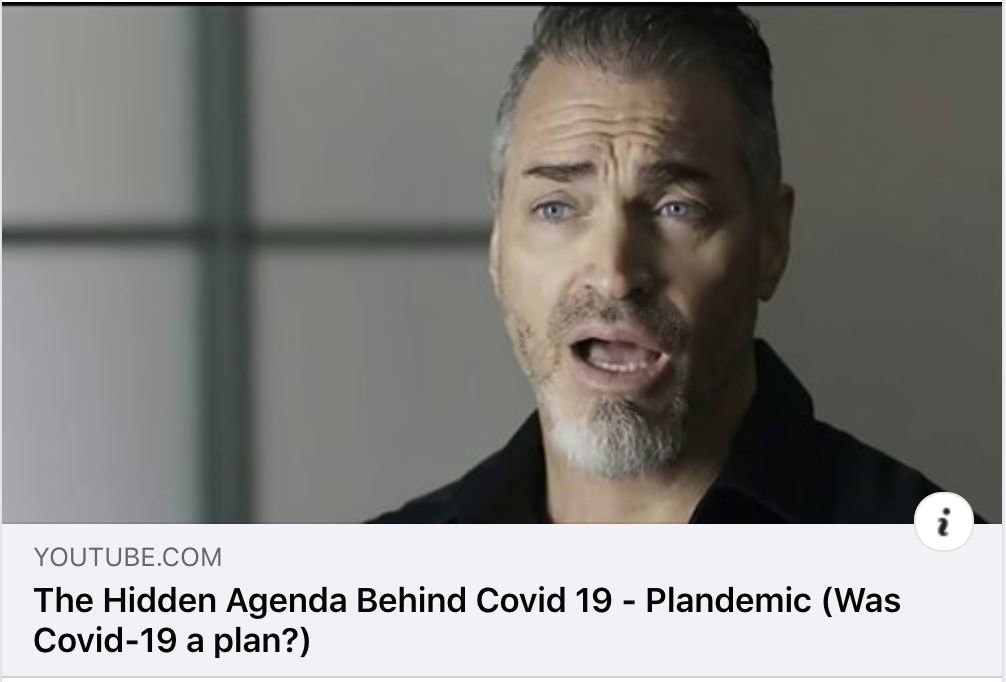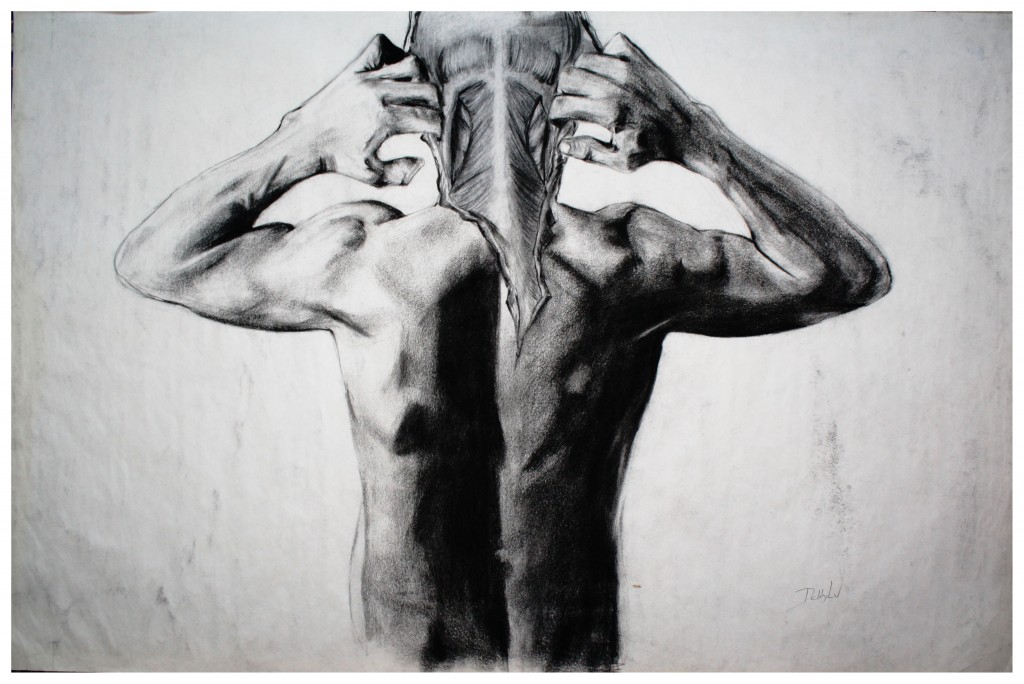As I work to keep my mind and body in check during the pandemic, two older tools have proven useful: the Anxiety Rainbow and the Five Stages of Depression. The idea is that by measuring what you’re going through, you can take steps to manage those feelings and stay in the game.*
This isn’t a scientific breakdown, of course. It’s simply how I’ve learned to process what I feel.
Mood Music:
The Five Colors of the Anxiety Rainbow
To get a better handle on anxiety, I try to label the different kinds of anxiousness based on the first five colors of Newton’s primary color system:
- Red. This is the worst of the worst, the type of anxiety that makes you feel like you’re at death’s door. I used to suffer from this one all the time: a cold sweat breaking out on my forehead, my heart pounding so violently that I thought it would break bones, my feet tingling and a constant feeling of having to throw up. Fear is the trigger for this one, the kind of fear that made me not want to go places, take risks or live life in general.
Remedies: For me, Prozac has been a very effective weapon against red anxiety, as has my faith and, more recently, meditation. - Orange. Fear plays a big role in this anxiety as well, but unlike red, orange is usually rooted in something stressful that is really happening in your life. You could be fighting a serious medical issue and worrying about losing the fight. You could be having financial trouble that results in routine stress but the anxiety magnifies it to monstrous proportions.
Remedies: Medication has helped here, too, as has reconstituting my exercise regimen. - Yellow. This anxiety is usually triggered by a lot of sustained stress at work or home. Maybe your marriage has hit a rough patch or your job is riding on the success or failure of a huge project. To get through it, your body pumps more adrenaline than you need, and you get the overwhelmed feeling that keeps you from seeing the order of work items and their level of completion. The news business is a perfect place to experience this because you face daily deadlines and a tongue lashing from your bosses if a competitor gets a big story instead of you. I don’t experience that today, but when I worked for newspapers, yellow anxiety was always with me.
Remedies: Therapy, medicine, a heart-to-heart talk with the boss and, if necessary, a job or even a career change have all helped me. I made the career change in 2004. The medicine and therapy followed. - Green. This anxiety appears when the less-frequent stresses spark up. I recall one day six years ago when I was already ramped up after spending an evening at the hospital holding vigil while my father faced emergency surgery that ultimately didn’t happen. The plumber was coming to install a new dishwasher and to pound my mind into submission, I went on a chore spree. Then my cell phone died for good, and I had to spend the afternoon replacing it. The latter two events are problems we’re lucky to have, since the alternative is being too broke to afford these things. But it sent the day on a trajectory I hadn’t anticipated.
Remedies: The only cure for this one is to reach the end of the day and go to bed. - Blue. This is a small, sustained level of anxiety so slight that you usually don’t see it for what it is. It’s generally a byproduct of depression. In my case, blue anxiety shows itself in the winter, when a lack of daylight sends me into blue moods.
Remedies: Activity helps me the most with blue anxiety. Writing helps a lot, as does work.
5 Stages of Depression: Like Grief, But Different
There are plenty of articles out there about the so-called five stages of grief. Based on my experiences in that department, I find the writings mostly accurate and valuable.
I also found that these stages convert nicely to describe the course of my depressions.
- Denial and isolation. Things start to go wrong, but you’re not immediately aware of them. Your short-term memory starts to slip, you become disorganized, and you protest when those who love and know you best suggest you may be heading for an episode. You respond by clamming up and ignoring friends when they ask you to have coffee. You spend a lot more time on the couch.
- Anger. After too many days in denial, you start to realize you’re slipping into depression. This makes you angry, and you start taking it out on those around you. Your self-worth begins to sink, and you start to feel like you can’t do anything right. This leads to more anger, self-loathing, and self-pity.
- Bargaining. During grief, this is the stage where a person repeatedly goes over the what-ifs: what if the loved one had gotten medical attention sooner, what if you’d recognized the problem for what is was, and so on. With depression, the bargaining works a bit differently: You play the blame game with the world around you. You’re depressed because of work. You’re depressed because of a disagreeable family member. If the depression is really bad, you blame anyone and anything but the disease within your own brain.
- Melancholy. With grief, the fourth stage is depression. Within depression itself, the fourth stage is melancholy, at least in my experience. A deep sadness and hopelessness take hold in your gut after too many successive days of feeling like shit. It becomes hard to do most basic daily tasks.
- Acceptance. After a while, you realize you have a few choices. The most extreme choice is suicide. I’ve never seriously considered it, but I know people who have and, sadly, gone through with it. Another choice is to start doing things to emerge from the depression. For me, that involves talking to people and writing to get the feelings off my chest. The other step is to re-embrace coping tools. It’s not like flipping a switch; it’s more like rebooting a computer. It takes time to start using your coping tools effectively again and more time for them to make a difference. But acceptance is a start.
With COVID-19, I’m at acceptance now and I’m grateful for it.
* While I’ve written about these tools before, they’re often used together so I’ve aggregated them into one post.



